
Tackling non-communicable diseases in rural Indonesia through mobile technology
Dr Gindo Tampubolon, Lecturer in Poverty, Global Development Institute
Indonesia is the fourth most populous country with more than 210 million people, undergoing wrenching demographic and epidemiologic transitions. The country is young, though its adult population is already under a grave threat from non-communicable diseases such as heart failure and stroke. One in three deaths, common and costly among prime age adults, is caused by cardiovascular diseases. This death toll is in line with global figures.

Chronic Poverty Report on Growth
The Chronic Poverty Advisory Network has launched its new Chronic Poverty Report on Growth, which also includes a briefing note on ‘pathways to sustained poverty reduction: balancing growth from above and below’
The Chronic Poverty Advisory Network was originally the Chronic Poverty Research Centre (CPRC) which was based at The University of Manchester. The CPRC worked to assess and explain the extent and nature of chronic poverty in developing countries. read more…

Call for Papers: Disrupting Theory, Unsettling Practice: Towards Transformative Forced Migration Scholarship and Policy
University of Ghana, Accra, 27th – 30th July 2020
Nicole Hirt, GIGA Hamburg & Tanja R. Müller, The University of Manchester
Panel Title: Forced Migration and Agency – New dynamics within and beyond the nation state
In this panel we look at new dynamics of agency among refugee and migrant populations, how these are fostered or hindered by other societal actors, and how these are linked to and intersect with the nation state and the wider transnational social field.
We thus call for papers that engage with any of the following issues:
- New actors in engagement with forced migration (e.g. the corporate sector)
- Diaspora engagement
- Transnational belonging and political agency
- Citizenship claims beyond the nation state
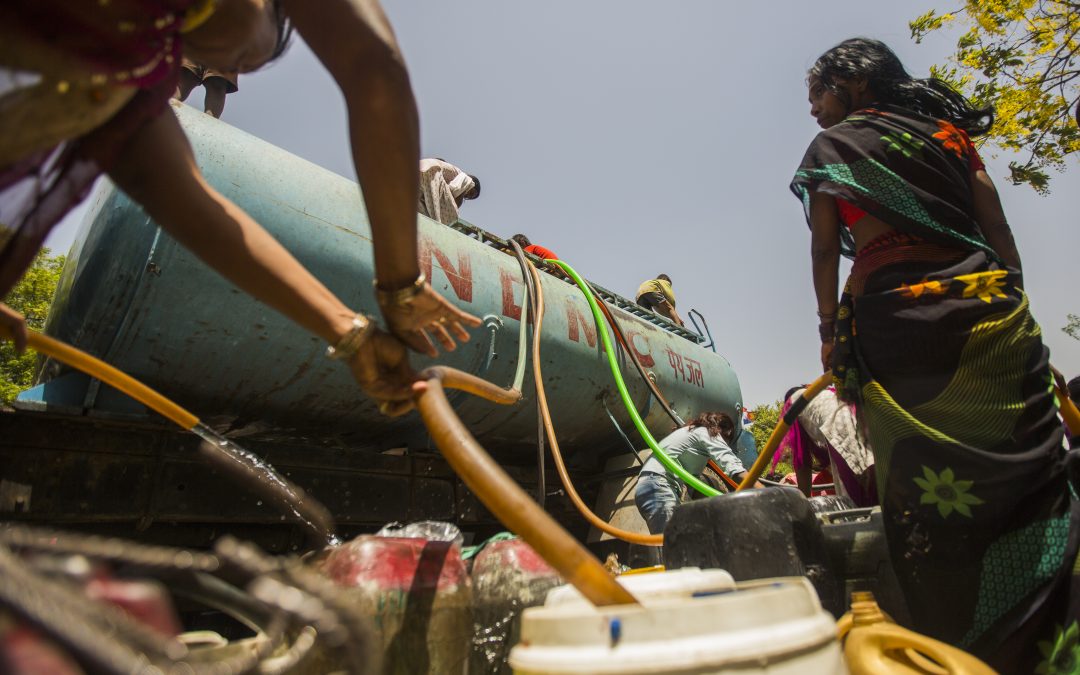
New evidence highlights growing urban water crisis
New research has found that in 15 major cities in the global south, almost half of all households lack access to piped utility water, affecting more than 50 million people. Access is lowest in the cities of sub-Saharan Africa, where only 22% of households receive piped water.
The research also found that of those households that did have access, the majority received intermittent service. In the city of Karachi in Pakistan, the city’s population of 15 million people received an average piped water supply of only three days a week, for less than three hours.

On Civil Society: joint responsibility in the construction of the public in Latin America and the Caribbean
Daniel Díaz Vera, PhD Researcher, Global Development Institute
For many people, the city of Medellin conjures images of drug traffickers, horrible murders and chaos. That image is probably due to series such as Netflix’s Narcos, rather than the current situation in this Colombian city.
In the first week of July, Medellín hosted the 12th Conference of the Latin American and Caribbean Network of the International Society for Third Sector Research. With the backing of the SEED Conference support fund, I had the opportunity to participate both in the Conference and the Doctoral Seminar that took place before it.
Medellín is the capital of the province of Antioquia. Located between mountains, and surrounded by a perpetual green, it is home to 2.5 million inhabitants as the second most populated city in Colombia, after Bogotá, located about 400 kilometres southeast. read more…
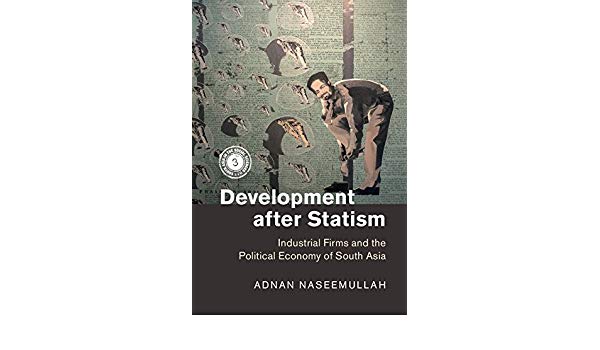
Podcast: Adnan Naseemullah discusses development after statism
Dr Adnan Naseemullah of King College London, recently visited GDI to discuss his new book, Development After Statism: Industrial Firms and the Political Economy of South Asia. read more…
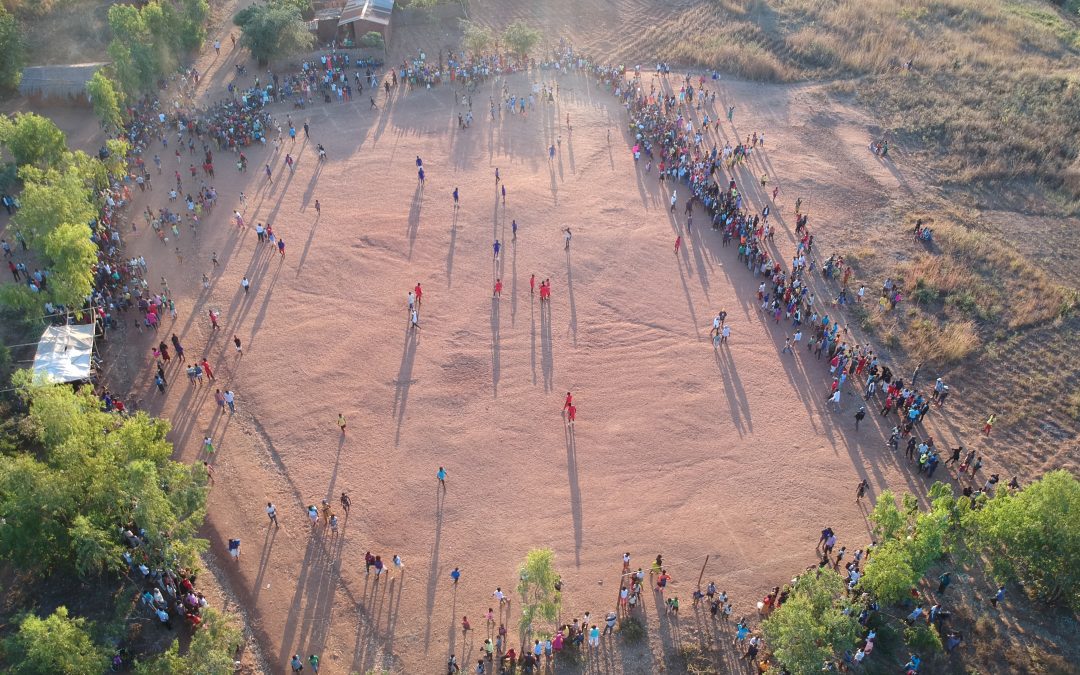
Engaging with the communities where we do research
One of our PhD candidates, Mapenzie Tauzie decided to organise an activity in Zomba, Malawi – the community from where her field researchers came from. The result was a spectacular display of football and netball for young people which went on for ten weeks, attended by 500 young people, with the finals watched by the local leaders. Find out more about her initiative called “I Am GDI”.
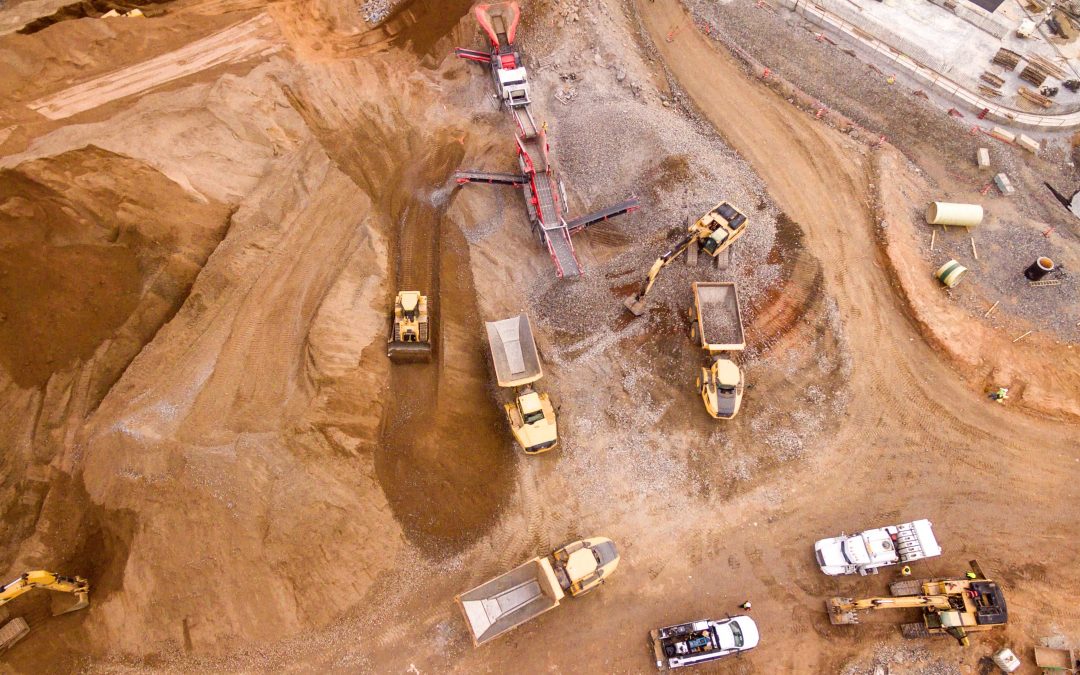
Theorising how extractive companies manage local disruption
Tomas Frederiksen, Lecturer in International Development, Global Development Institute and Matthew Himley, Associate Professor of Geography, Illinois State University
The extractive industry has a brutish reputation.
Since the 1980s, along with big dams, ‘extractives’ have been a byword for environmental destruction and human rights abuses. The heavy hand of industry destroying green pastures seems to be most vividly captured by the arrival of extractive industry in remote corners of the earth. As global demands for minerals, oil and gas have increased, the industry has expanded to new areas, creating new frontiers.
The extractive frontier is a place of upheaval. A now sizeable literature on mineral, oil, and gas development shows that when the extractive industry moves into ‘new ground’, it transforms landscapes and reshapes livelihoods. Conflict is often sparked as communities resist the changes wreaked on their lives, loss of access to resources and industry’s environmental impacts. read more…
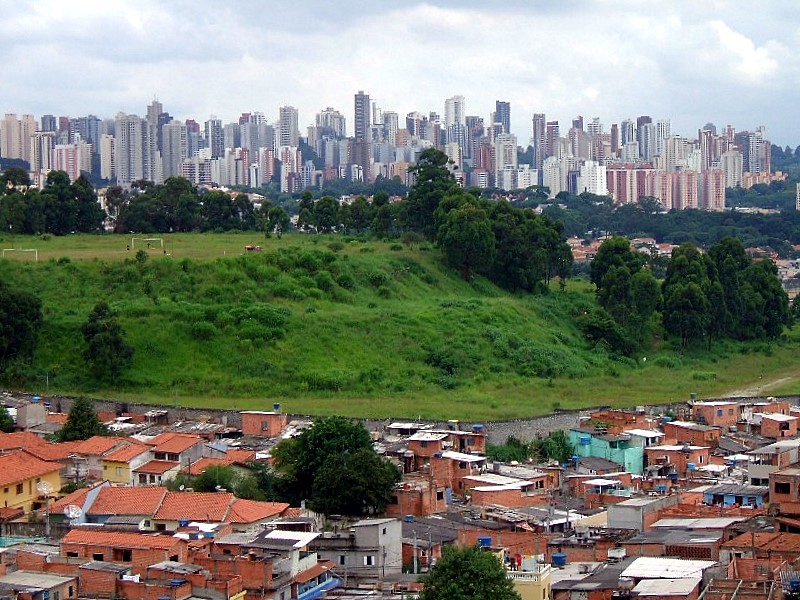
Does inequality threaten trust in science?
Gindo Tampubolon, Lecturer in Poverty, Global Development Institute
16 July 2019 marked the 50th anniversary of the moon landing with Apollo 11. That scientific and engineering pinnacle of planetary exploration has gone on to transform our place in the universe and our understanding of the planet. Much of the challenges we face today like global warming and extreme poverty requires evidence and science for an adequate response. But how much do we trust science when we need it most?
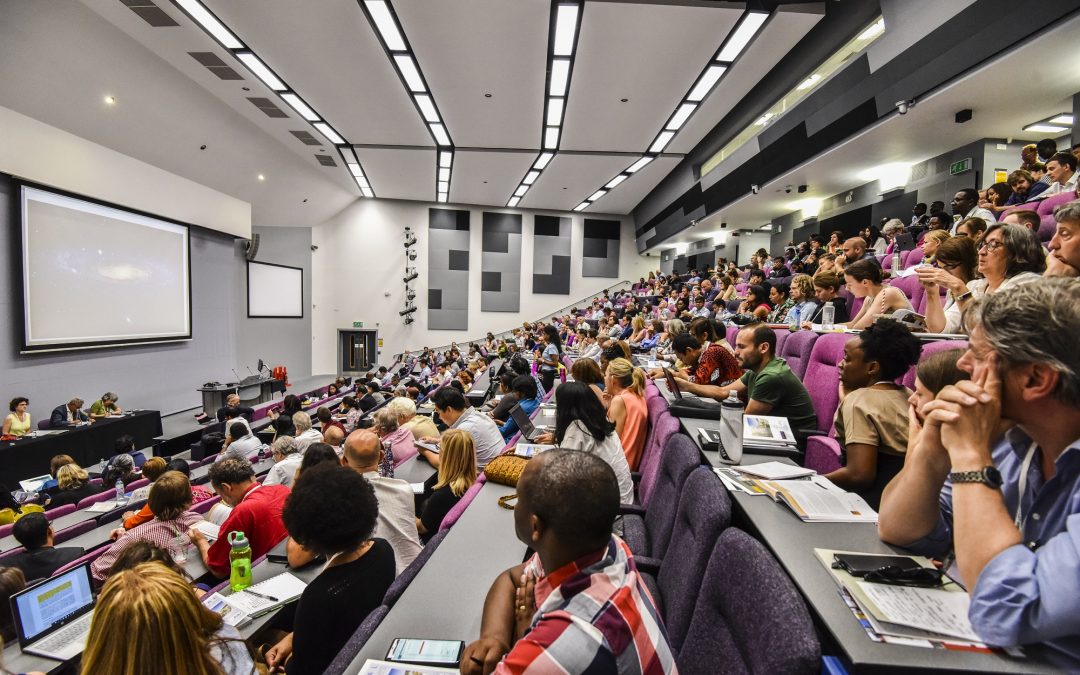
Registration: From Politics to Power? Rethinking the politics of development conference
Registration is open for our flagship international conference convened by the Effective States and Inclusive Development Research Centre on ‘From politics to power? Rethinking the politics of development’ which will be held from 9 – 11 September 2019 in Manchester.
Confirmed Plenary Speakers to date include world leading experts Anne Marie Goetz (New York), Merilee Grindle (Harvard), Lant Pritchett (Harvard), James Robinson (Chicago), Prerna Singh (Brown), E. Gyimah-Boadi (Afrobarometer, Ghana) read more…
